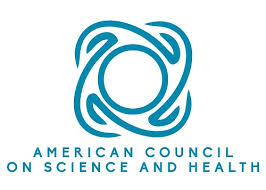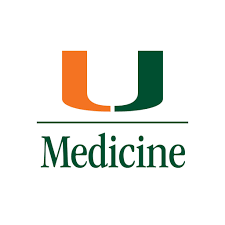 Supply Chain/Technology
Supply Chain/Technology
Survey: Perioperative leaders adapt to supply strain, staffing pressure, ASC growth

Editor's Note Perioperative leaders are reshaping how surgical care is delivered, making pragmatic adjustments in the face of supply shortages, staffing constraints, and shifting surgical volume toward ambulatory surgery centers (ASCs). Together, the latest three OR Manager pulse polls reveal a profession managing high stakes with a mix of caution,…
Gait retraining eases knee osteoarthritis pain as effectively as medication, can delay knee surgery

Editor's Note A simple adjustment to walking style can relieve osteoarthritis pain as well as medication and may delay the need for knee surgery, according to a year-long clinical trial published in The Lancet Rheumatology and covered by The Independent on August 18. As detailed in the article, University of…
OR leaders must sharpen questions, partnerships as AI reshapes perioperative care

Editor's Note Artificial intelligence (AI) will not replace perioperative leaders, but it will demand sharper decision-making, closer collaboration, and thoughtful staff engagement, OR Manager coverage reports. AI is poised to transform perioperative practice, yet its value depends on how leaders choose, evaluate, and integrate these technologies. Key insights the article…
npj Digital Surgery opens call for research on AI, robotics in the OR

Editor's Note A new call for papers is inviting researchers to spotlight the technologies redefining surgical care. In May 2025, npj Digital Surgery opened submissions for a special collection titled Intelligent and Integrated Systems for Digital Surgery, with a deadline of May 27, 2026. The collection will highlight advances at…
AI in the OR can sharpen skills, but humans make the lessons stick

Editor's Note Artificial intelligence (AI) can track surgical performance with pinpoint accuracy, but true mastery still requires a human teacher, American Council on Science and Health August 20 reports. A randomized trial of an AI-powered surgical tutoring system found that while algorithms provided real-time error detection, the best learning happened…
Robotics and AI are redefining precision in cataract surgery

Editor's Note Laser cataract surgery is entering a new era where robotic systems and artificial intelligence (AI) work alongside surgeons to improve accuracy, efficiency, and patient outcomes. According to the July/August 2025 edition of Ophthalmology Times, recent advances in robotic integration, astigmatism management, and AI-driven imaging are minimizing variability, reducing…
Complex aortic surgery shown safe with minimally invasive approach

Editor's Note Minimally invasive surgery can extend beyond valve replacement to complex aortic procedures without sacrificing safety or long-term outcomes. According to an August 21 news update from the University of Miami Miller School of Medicine, a new study of 796 patients found adding ascending aortic or hemiarch replacement to…
Drug that makes tumors glow is transforming cancer surgery

Editor's Note A new drug is giving surgeons a sharper view of cancer in the OR and helping preserve healthy tissue, Fast Company August 28 reports. Cytalux is an FDA-approved fluorescent agent that makes cancer cells glow green under infrared light, allowing surgeons to spot and remove malignant lesions with…
Surgical robotics market accelerates as new players challenge industry giants

Editor's Note Dozens of companies are racing to stake a claim in the rapidly expanding surgical robotics market, with multiple launches, partnerships, and regulatory milestones signaling a pivotal moment for the field. Challengers to established leaders are advancing soft tissue systems, targeting specialty niches, and building executive teams to scale…
Robotic surgery boosts 3-year relapse-free survival in rectal cancer

Editor's Note Robotic surgery improves 3-year relapse-free survival compared with laparoscopic surgery for rectal cancer, according to findings presented at the 2025 annual meeting of the Society of American Gastrointestinal and Endoscopic Surgeons, published by Gastroenterology & Endoscopy News on August 18. As detailed in the article, researchers conducted a…

 Free Daily News
Free Daily News